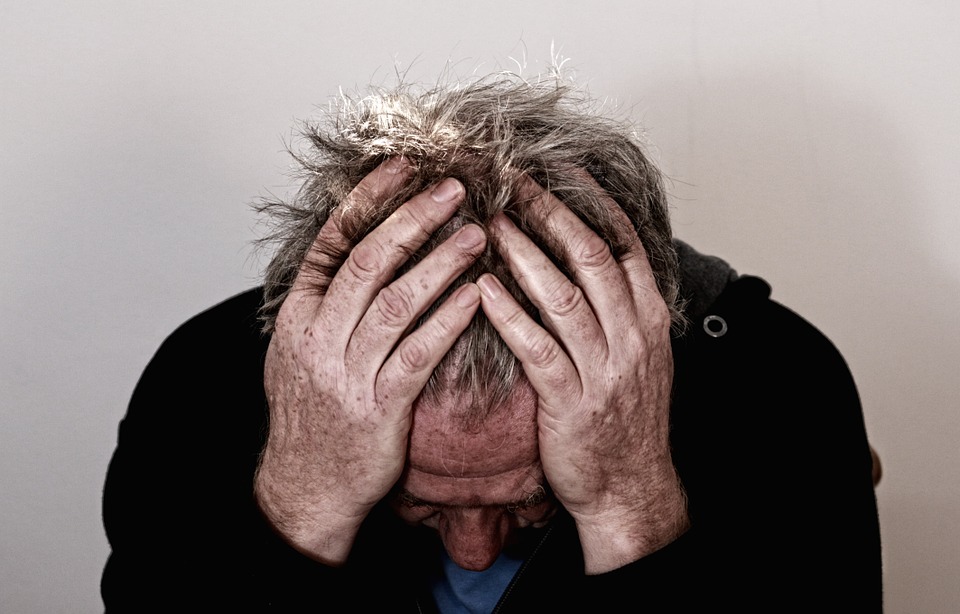If you feel like you have been on edge more than you have been recently, you are not alone. The increasing pace of technological change, political upheaval, and other factors have people feeling much less secure than they did just a generation ago.
You’ll get all sorts of anecdotal tales from people on the street if you ask them, but in our opinion, its best to talk to the professionals about this troubling trend.
Dr. Lisa Marie Cannon is someone you would want to interview about this issue, as she has spent 26 years practicing in the field of psychiatric medicine, so she has seen it all during her time serving the general public.
However, she and her colleagues have noticed a worrying uptick in specific psychological issues in recent times, leading many to call for a renewed focus on mental health.
Below, we’ll go over what we are facing in terms of this mounting crisis.
1) Anxiety
The ever-accelerating forces of globalization have opened the workforces of the west up to fierce competition for positions that were once accepted as a virtual birthright by a generation of kids expecting to inherit their parent’s jobs.
Somewhere along the way, outsourcing changed all that, as it shifted these roles to eager workers a half a world away. Not only are they just as proficient, but they cost a fraction of what western employees do.
It that wasn’t bad enough, other jobs have also been automated by the relentless march of robotics and artificial intelligence, a trend that is slated to get progressively worse as time goes by.
All of this and other problems (like climate change) have led to a surge in anxiety, precipitating nervous breakdowns in some adults, as they fear being left behind if their test scores or job performance is anything less than perfect.
2) Depression
When the pressure affecting people in these situations becomes too much too bear, it can give way to a sense of hopelessness that can sap one’s will to live.
Known as clinical depression, this state can produce a gravity well of nihilistic emotions that can be difficult to escape without a medical intervention.
Given the intractability of many current problems in the eyes of some, more folks have appeared to slip into this state, though the partial lifting of stigmas surrounding this issue have made it easier for undiagnosed individuals to report their affliction.
3) Suicide
Left untreated, depressed and anxious individuals can head down a path of dark thoughts that can lead their compromised brains to reason that killing themselves is the only way to relieve the relentless sense of hopelessness that plagues them.
Well-adjusted individuals can easily see that suicide is a permanent ‘solution’ to a temporary problem, but sober second thought and logic eludes minds that have been poisoned by anxiety, depression, and suicidal thoughts.
While it is not clear whether there has been a dramatic rise in this final act compared to previous decades, the increased prevalence of the previous two conditions can lead one to logically deduce that this family-shattering act may sadly increase in coming years.
